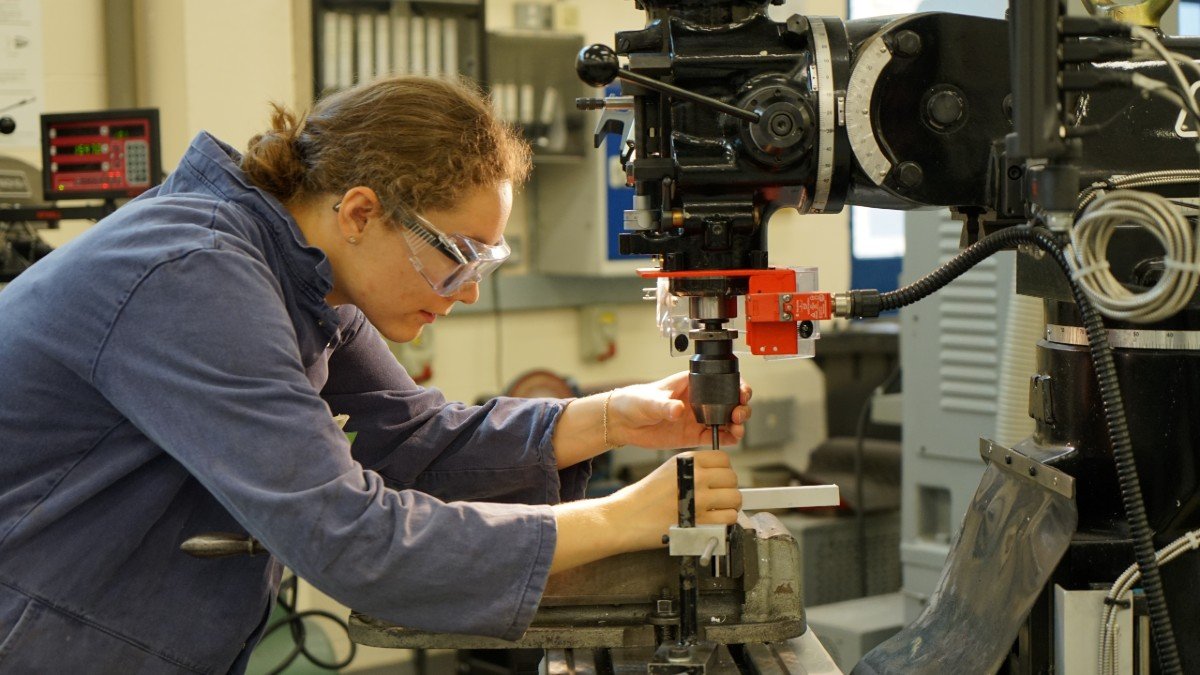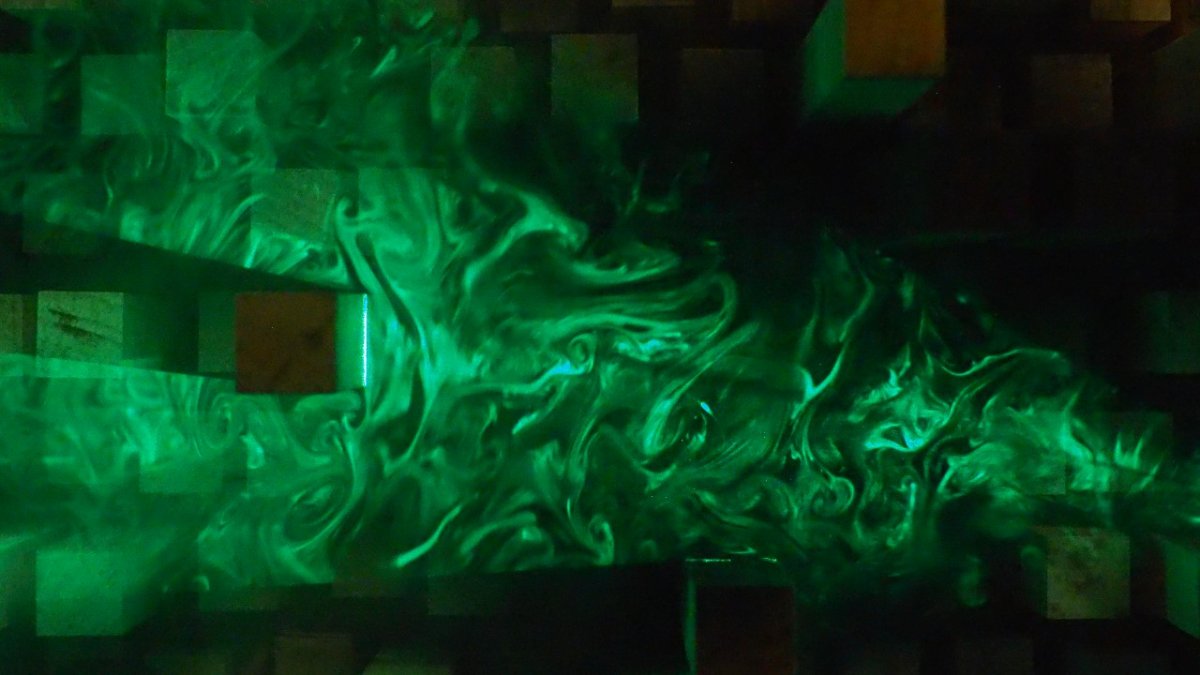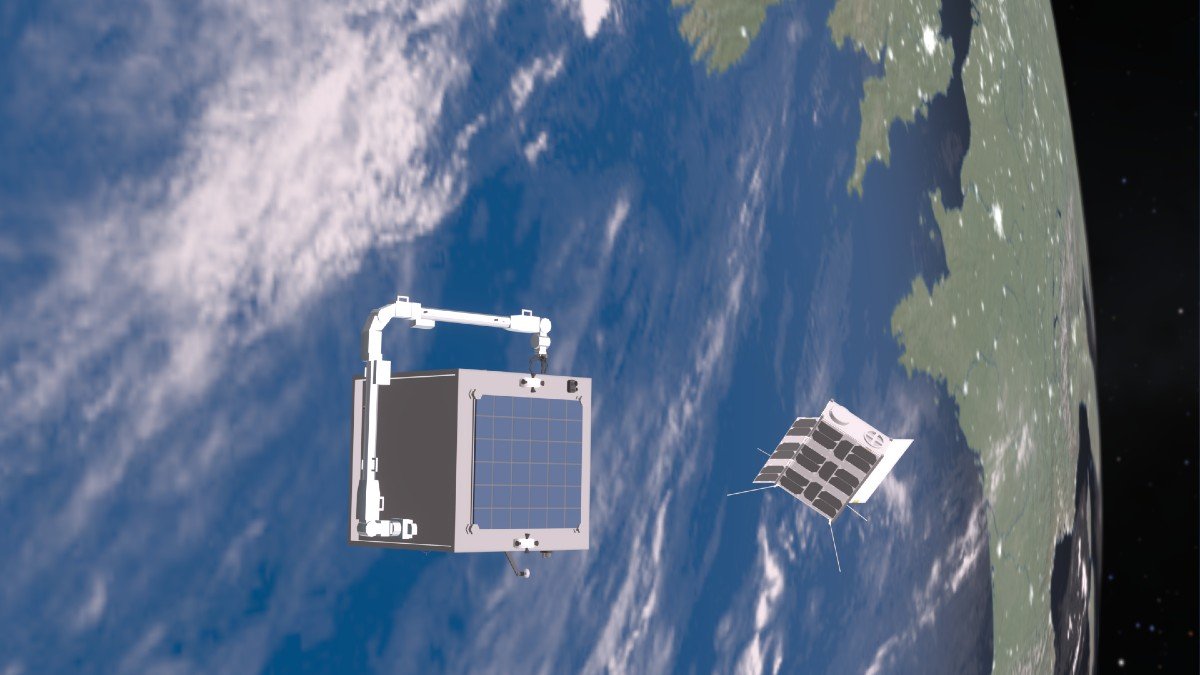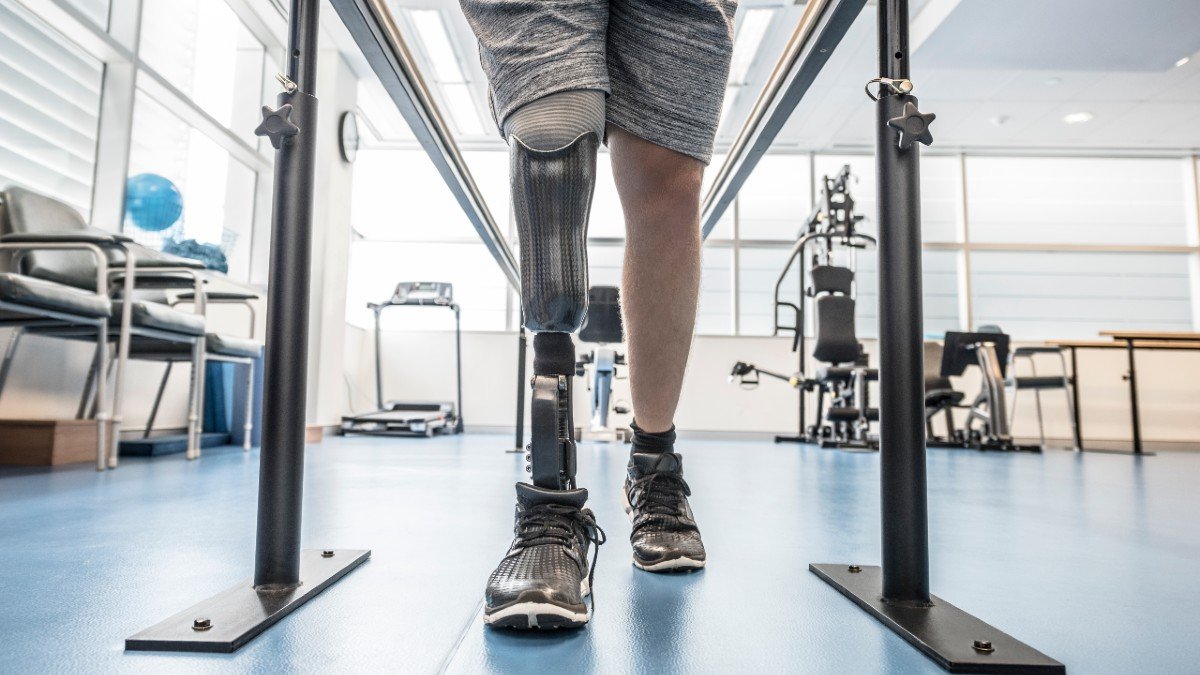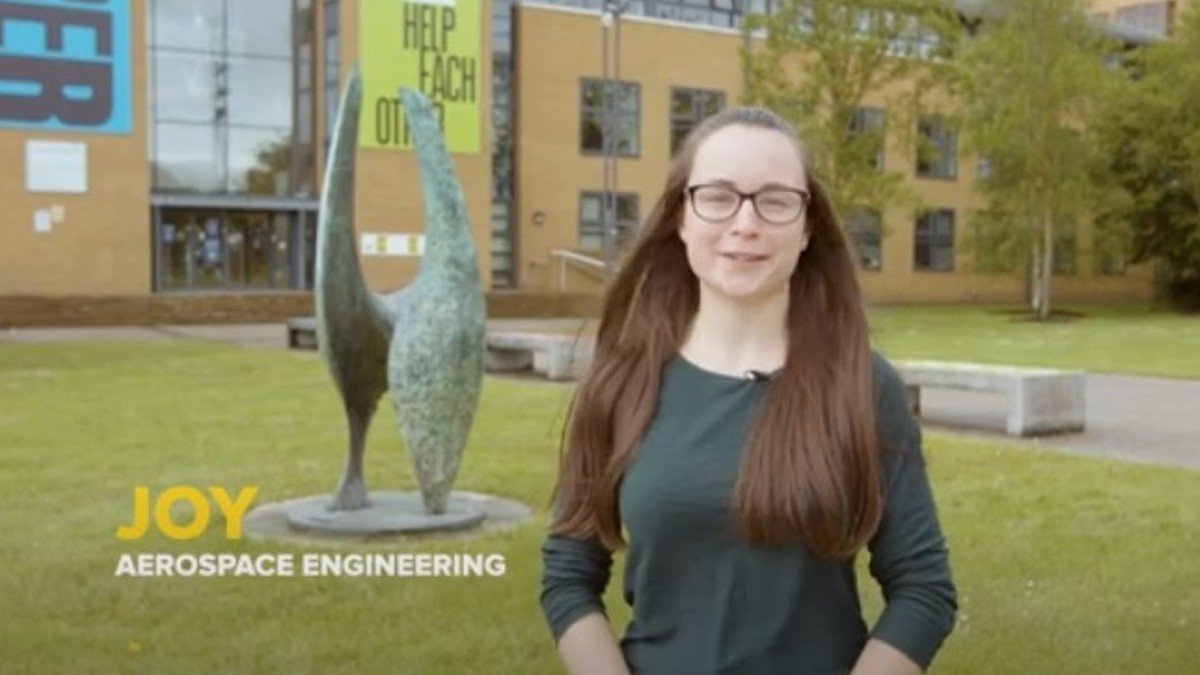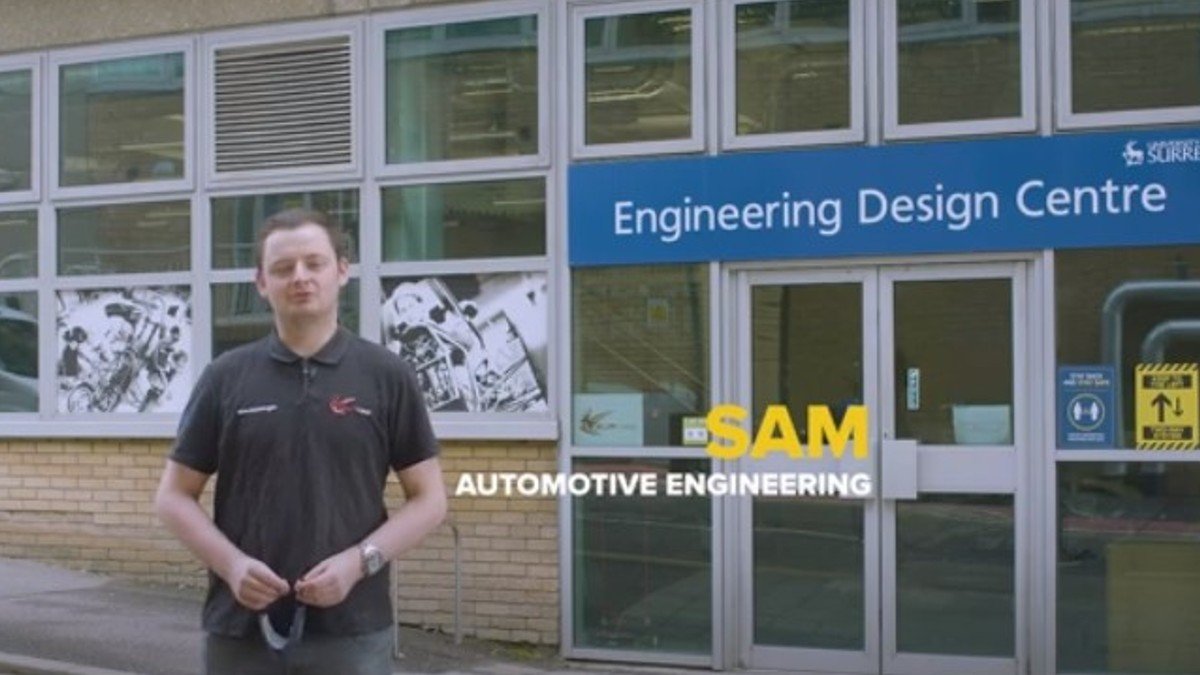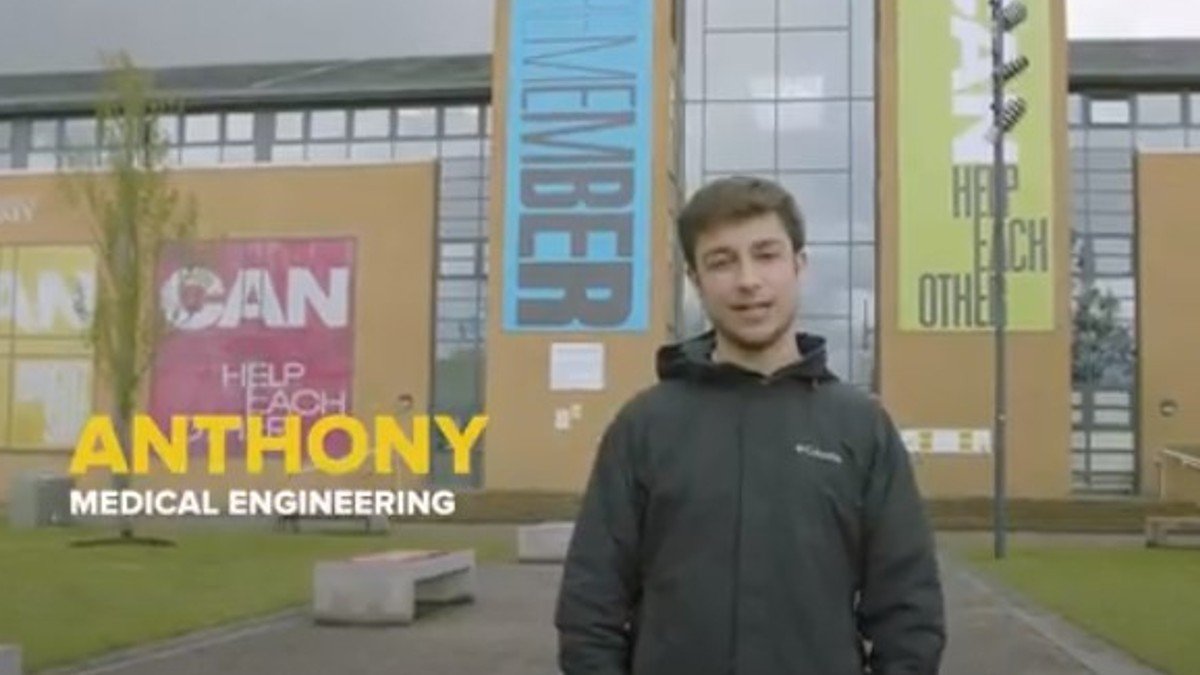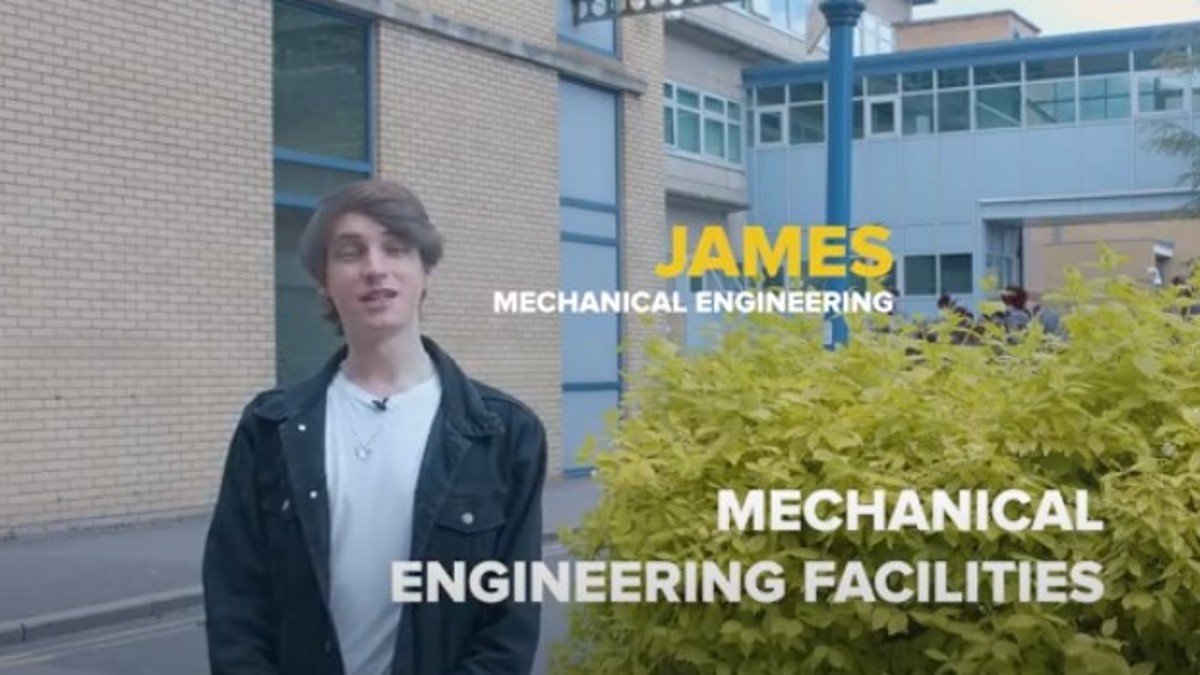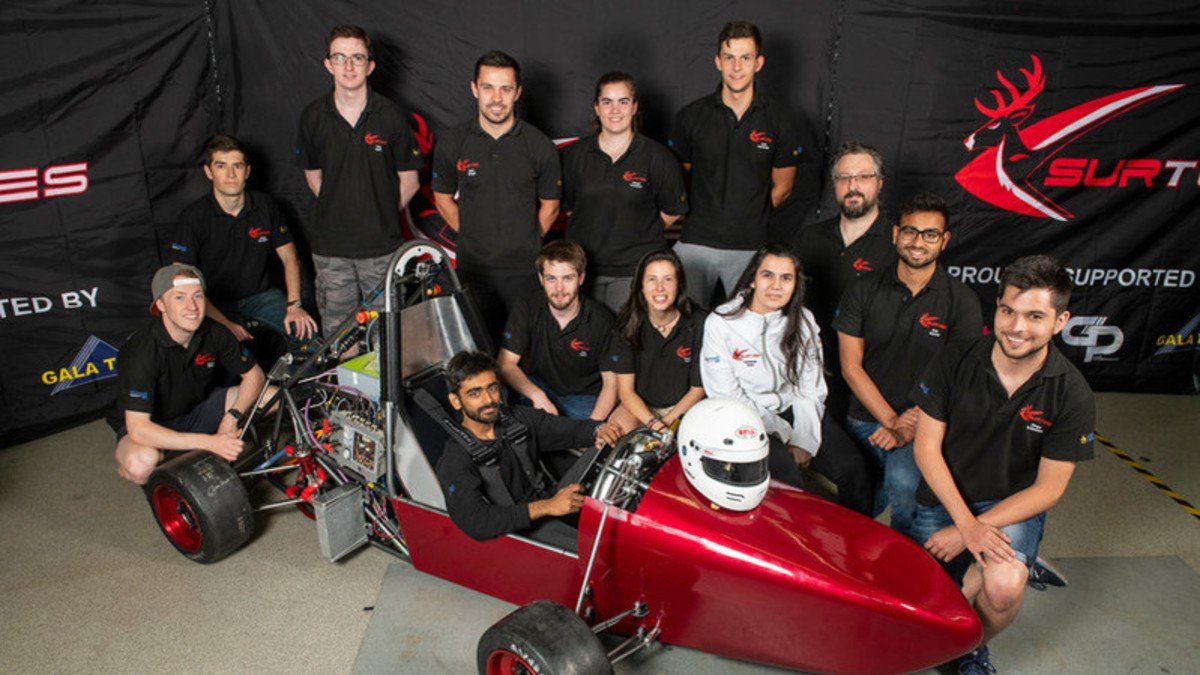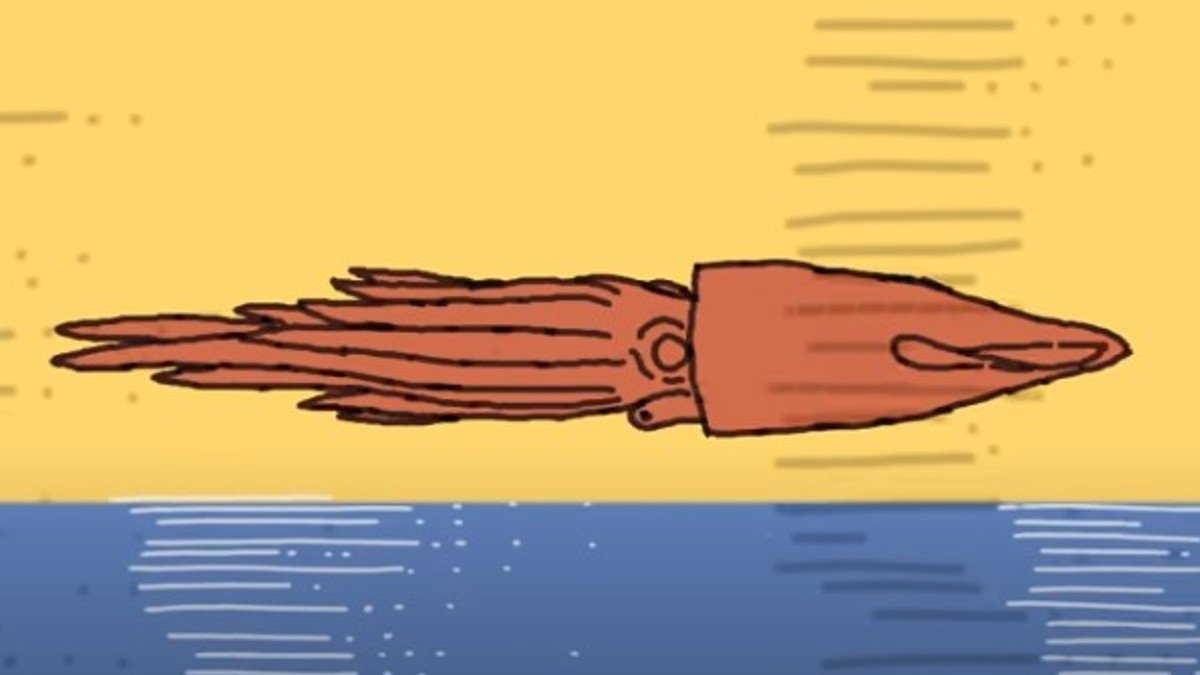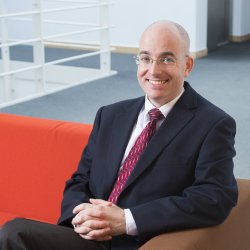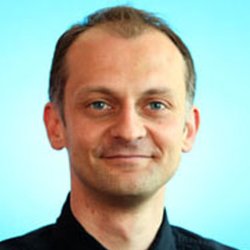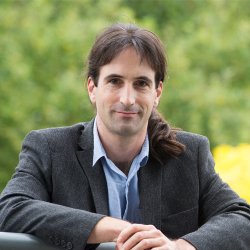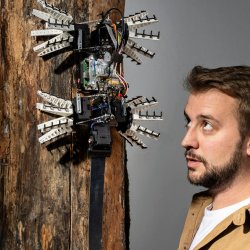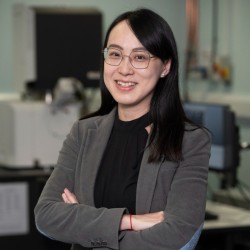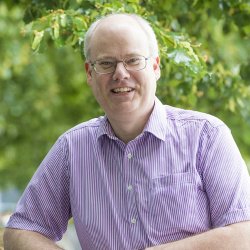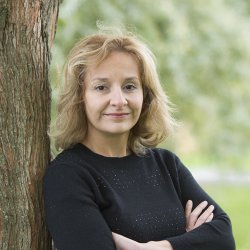Meet our School of Mechanical Engineering Sciences
Four distinct study streams in automotive, aerospace, biomedical and mechanical engineering, cutting-edge facilities, nationally acclaimed Professional Training Placements, award-winning graduate employment... Meet our School of Mechanical Engineering Sciences.
We’re a dynamic school of more than 800 students and academics. We offer four distinct undergraduate study streams:
You’ll be taught by research-active academics, incorporating the latest developments and practices into their teaching, whose interests include aerodynamics and environmental flow, autonomous vehicles and control systems, engineering materials, human movement and virtual reality, nanotechnology, space robotics and much more.
We also provide access to cutting-edge facilities, while our award-winning Professional Training Placements scheme prepares students for roles in various engineering sectors.
When it comes to securing a job, we also deliver. We were named University of the Year for Graduate Employment in The Times/Sunday Times Good University Guide for 2022.
What’s it like to study here?
Everyone takes a common first year. This gives students the chance to sample then select their own specialist pathway from the four on offer.
To ensure students have relevant real-world industry experience, we boast a wide range of specialist facilities that relate to each of these areas. These include:
- Atmospheric Measurement and Observation Facility: NERC National Facility for atmospheric science, which can replicate atmospheric conditions and is unique in the UK.
- Auto Lab
- Bioelectronic Laboratory
- Clinical-Grade Human Movement Laboratory: Hi-tech cameras film subjects in motion, then we employ computer software to analyse footage.
- Design Centre: The bottom floor is home to the Formula Student Team. The top floor is a dedicated design lab and collaborative work area.
- Engine Test Cell
- Flight Simulator
- Mechatronics Laboratory
- Mechanical Engineering Workshop: This includes traditional manufacturing technologies such as machine tools, computer-based approaches such as CAD-CAM and emerging technologies such as additive manufacture (3D printing).
- Microstructural Studies Unit and Surface Analysis Lab: Housing electron microscopes and analysis equipment to examine microstructures and determine compositions of materials.
- Robotics Laboratory
- Mechanical Testing Facility
- Specialist Medical Engineering Laboratory
- Wind Tunnels and Rolling Road Wind Tunnel
- Zebra: The School's fully autonomous car.
Our degrees are professionally accredited by:
- Institution of Engineering and Technology
- Institution of Mechanical Engineers
- Royal Aeronautical Society.
What are some course highlights?
Many undergraduates take part in Formula Student and the Autonomous Unmanned Aircraft Systems (UAS) Challenge. These allow participants to join teams of Surrey students, building auto and aerial vehicles to take on other universities in international competitions. We’ve had recent successes in both events, too, with a win in Formula Student in 2020 and a victory in the UAS Challenge in 2021.
We also offer an active group of student societies, including Formula One Society, Formula Student, Karting Club, Mechsoc and Women in Engineering.
Professional Training
Surrey won the award for the Best University Placement Service (over 750 placements) for the third year running in 2021. Our expertise will help you secure a year’s valuable work experience in a major engineering consultancy or contractor. Recent students have secured placements at:
- BAE Systems
- DePuy Synthes
- GE Aviation
- Jaguar Land Rover.
Read about Kirill Ralin’s placement at Oyster Yachts and Emily Lane’s placement at Renishaw.
Who'll teach me?
Our teaching staff are passionate about their specific area of engineering and are keen to inspire students by sharing their knowledge.
Our course leaders are:
- Dr David Birch: leads our aerospace course and is Head of our Centre for Aerodynamics and Environmental Flow
- Professor Patrick Gruber: leads our automotive course, which focuses on electric vehicles, and researches advanced vehicles systems
- Dr Daniel Abasolo, leads our biomedical course and is a researcher at our Centre for Biomedical Engineering
- Dr Andrew Viquerat, leads our mechanical engineering course and is a specialist in lightweight deployable and flexible structures.
Other academic staff include:
Dr Rob Siddall, who studies animals to create robots, gives a Ted Ed talk on flying squid.
- Dr Rob Siddall: Rob creates robots inspired by animals and uses them to help monitor and protect the environment
- Dr Tan Sui: Tan’s research includes creating improved materials inspired by biology to replace human tissues
- Dr Mark J Whiting: Mark researches metallic 3D printing and he’s also written about Captain America’s shield
- Dr Fatima Labeed: an expert in bioengineering whose research examines how monitoring behaviour of stem, blood and cancer cells can be used for diagnosis and therapy.
“The aspects I enjoyed most on my BEng in Mechanical Engineering were the practical projects. During my first year, I liked the workshop sessions. I found the group project in my third year, which involved designing a foldable electric bicycle, to be particularly engaging and demanding.
“The University has excellent facilities, which are easily accessible, and all the lecturers are passionate about the material they deliver and offer support during tutorial classes.”
Nadia Al-Safi
MEng Mechanical Engineering
What do graduates go on to?
Our graduates achieve great things in industry and research. Surrey was named the University of the Year for Graduate Employment by The Times/Sunday Times Good University Guide for 2022. Also, according to the Guardian University Guide 2021, 97 per cent of our former students are in graduate-level employment or undertaking further education within 15 months of leaving. Recent graduates have gone on to roles at:
- Airbus
- ExxonMobil
- NHS
- Jaguar Landrover
- Lockheed Martin
- McLaren Automotive
- Medisafe International
- Mott MacDonald
- QinetiQ
- Rolls-Royce.
Read about the success of three of our graduates.
- Abigail Lamb secured a job at Atkins after her Professional Training year.
- Dominic Clarke works as a Biomechanics Test Engineer at DePuy Synthes Joint Reconstruction.
- Jack Wood secured a job offer at Boeing after his Professional Training Year.
Find out more about undergraduate courses in our School of Mechanical Engineering Sciences.
